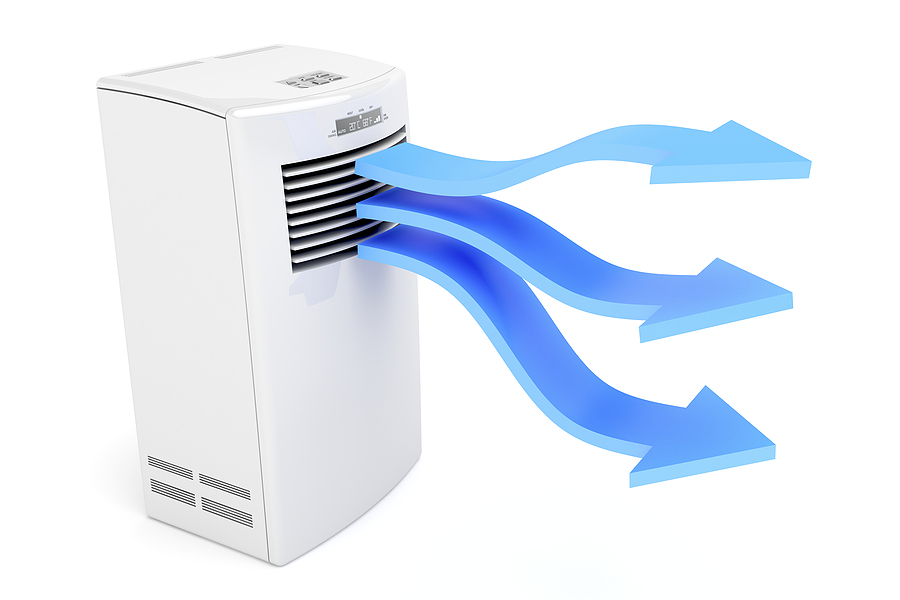Balancing Humidity Levels with Your Air Conditioning
Can you balance humidity levels with your air conditioning? For many homeowners, the concept of indoor air quality management extends only to temperature control. However, achieving a comfortable, healthy, and energy-efficient home environment requires attention to another critical factor: humidity levels.
Balancing humidity—neither too much nor too little—is essential for creating a pleasant living space. This post explores the nuances of this, humidity’s impact on your well-being and home, and how your air conditioning plays a pivotal role in getting it just right.

Understanding Humidity and Its Effects
Let’s kick this off with some definitions. Humidity refers to the amount of water vapor present in the air. The right balance is crucial; too much humidity can make your home feel stuffy and create a breeding ground for mold, mildew, and dust mites.
On the other hand, air that’s too dry can cause discomfort, such as dry skin, irritation of the respiratory tract, and increased susceptibility to colds and respiratory infections.
The Role of Air Conditioning
Air conditioners do more than lower temperatures; they also reduce the humidity level in your home by removing moisture from the air. However, not all air conditioning units are equal in their dehumidifying capabilities.
Traditional AC systems cool the air effectively but might not always achieve the optimal humidity balance, especially in extremely humid climates or during the rainy season. Modern, higher-efficiency air conditioning units and systems equipped with built-in dehumidifiers are designed to manage both temperature and humidity more effectively, making them ideal choices for comprehensive indoor air quality control.
Signs of Imbalance
Recognizing the signs of an imbalance in indoor humidity can help you take early action to rectify the issue:
- Too Much Humidity: Foggy windows, musty odors, and a noticeable feeling of air being thick
- Too Little Humidity: Static electricity, split woodwork or furniture, and increased allergy symptoms
Tips for Balancing Humidity
Achieving the perfect humidity balance involves more than just adjusting your thermostat. Here are actionable tips for homeowners:
Use a Hygrometer
A crucial tool in any homeowner’s arsenal, a hygrometer helps you accurately measure the humidity level in your home. This valuable information allows you to understand if you need to add or remove moisture from your living environment, enabling you to maintain optimal comfort levels.
Ventilation
It’s vital to ensure that areas prone to high moisture, such as the kitchen and bathroom, are well-ventilated. Installing exhaust fans or ensuring windows can be opened can significantly help reduce excess humidity, thereby preventing mold growth and maintaining healthier indoor air quality.
Dehumidifiers and Humidifiers
To achieve the perfect balance of humidity in your home, consider using dehumidifiers and humidifiers in tandem with your air conditioning system. Dehumidifiers help remove excess moisture from the air, while humidifiers add moisture when the air is too dry. These tools are especially useful in extreme weather conditions or climates that are very dry or very humid.
Regular Maintenance
The efficiency of your air conditioning system in controlling humidity levels is greatly dependent on its condition. Regularly cleaning and maintaining your system ensures it operates at peak efficiency, effectively managing moisture levels in your home. This includes cleaning filters, checking for leaks, and ensuring the system is professionally serviced at recommended intervals.
The Impact of Balanced Humidity
Maintaining balanced humidity levels has numerous benefits, including:
- Improved Health: Balanced humidity levels can alleviate allergy symptoms and decrease the likelihood of respiratory infections.
- Enhanced Comfort: The right humidity level enhances thermal comfort, making your home feel cooler in summer and warmer in winter.
- Energy Savings: By optimizing how your air conditioning works, you can reduce energy consumption and lower your utility bills.
Understanding and controlling the humidity levels in your home is as crucial as regulating the temperature for achieving a comfortable, healthy living environment. Through informed use of your air conditioning system, regular maintenance, and possibly the integration of additional humidity control devices, balancing indoor humidity is an achievable goal.
Remember, the key to a comfortable home environment lies not just in the warmth or coolness of the air but in its quality.
Reach Out to Our Team Starting Today
We hope this guide has helped you understand the importance of balanced humidity levels and how your air conditioning system plays a crucial role in achieving it. If you have any further questions or need assistance with maintaining your AC system, feel free to reach out to our team of experts at 317-697-9265. We are committed to providing exceptional customer service and ensuring your home remains comfortable and healthy all year round.

